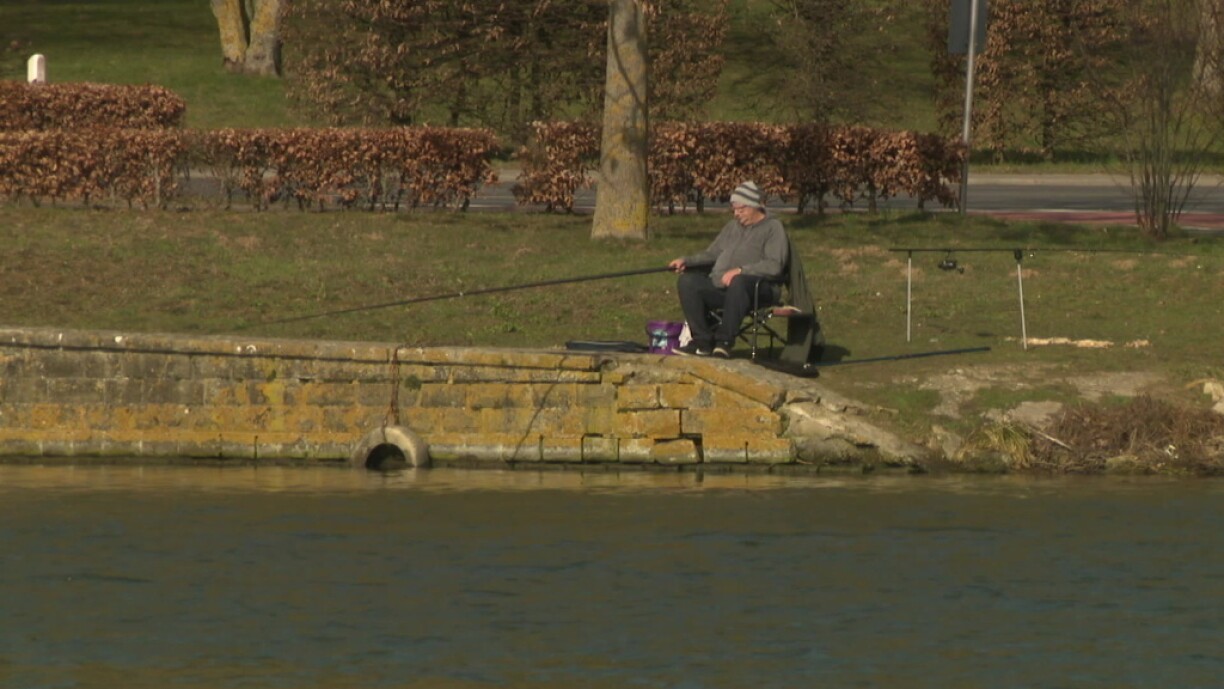
Greenpeace Luxembourg drew attention to the fact that samples taken from waters between Trier(Germany) and Remich were tested for traces of micro plastic. With the anti-plastic campaign on their ‘Beluga II’ ship in Remich, the environmental organisation aimed to raise awareness about the issues and consequences surrounding the use of plastic.
Two samples were taken from the Moselle, and both came back positive. Both pieces of plastic and micro plastic were found. Whilst the latter cannot be seen with the naked eye, it does affect the living organisms in the Moselle, according to Greenpeace’s Florence Ménage. She explained that fish and birds partly live off the microplastic, which is carried over to our food chain. Consequences thereof are not yet known.
Affected animals are not able to get rid of the plastic in their bodies naturally. As a consequence, their stomachs are often filled with plastic to the point that they no longer feel hungry, resulting in starvation. Samples from the Moselle were analysed for the presence of pieces of plastic under a microscope, before being taken to a laboratory. Greenpeace Luxembourg director Raymond Aendekerk explained that the lab is able to detect micro plastic that cannot be seen under the microscope. This is then used to evaluate the overall situation of our rivers and whether there is a co-relation with pollution in oceans, which is a difficult task.
On the one hand, the organisation’s aim is to raise awareness and get people to decrease their use of plastic. However, in order to inspire large-scale change, multinational corporations must change their behaviour. Notably, Greenpeace recommends that multinationals stop wrapping foods and other goods in plastic, or considerably decrease their use of plastic.
It would be helpful if, at least, plastic was to be used multiple times rather than ending up in the landfill right away. As an example, Nestlé alone produced over 1.7 million tons of plastic last year.
This weekend, Greenpeace is offering a visit on the sailing boat on the Marie-Astrid Quay, as well as an exhibition about plastic.